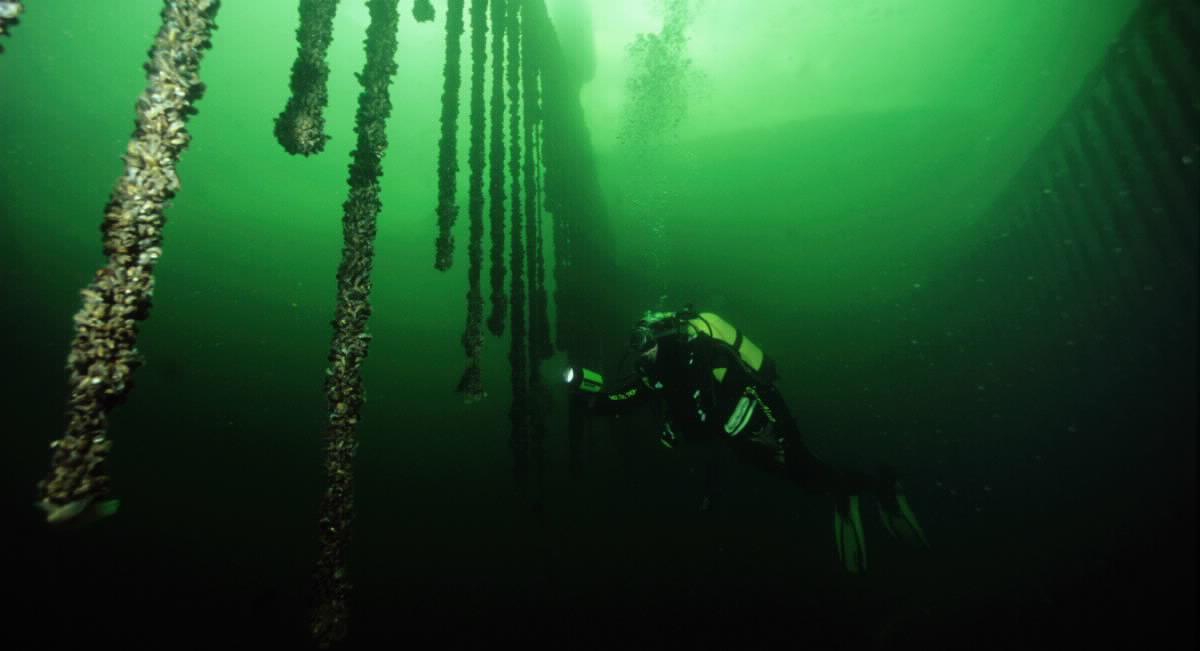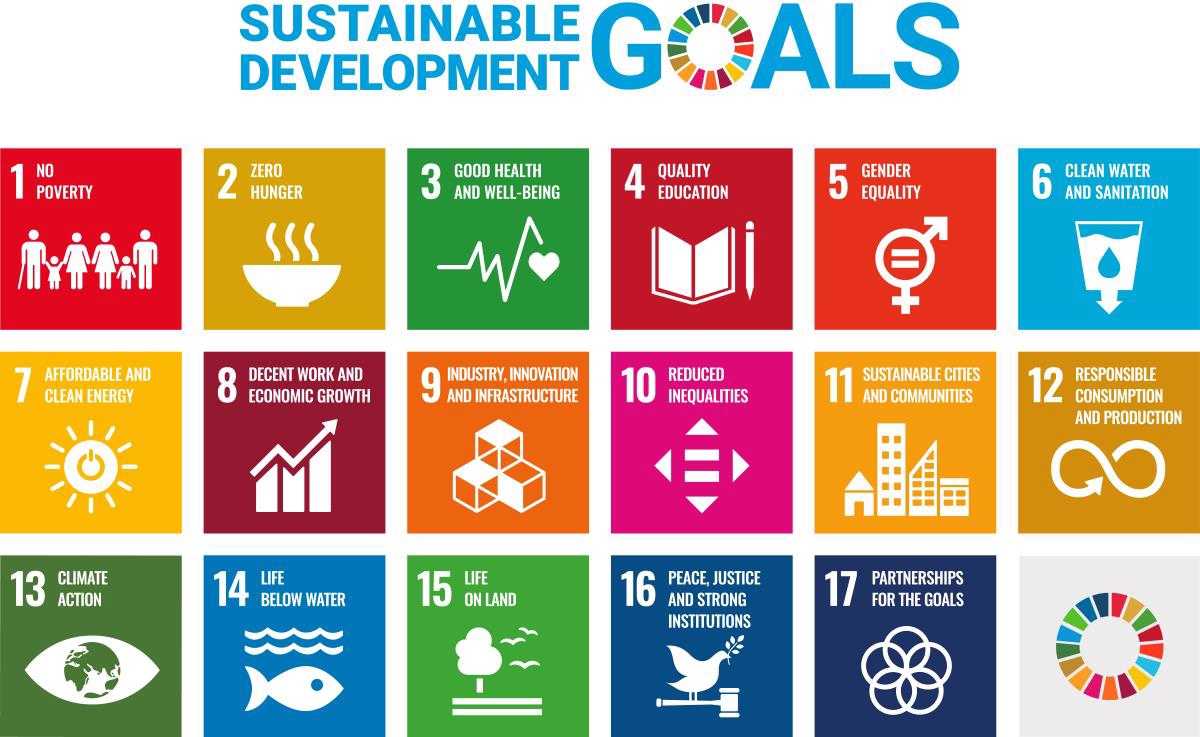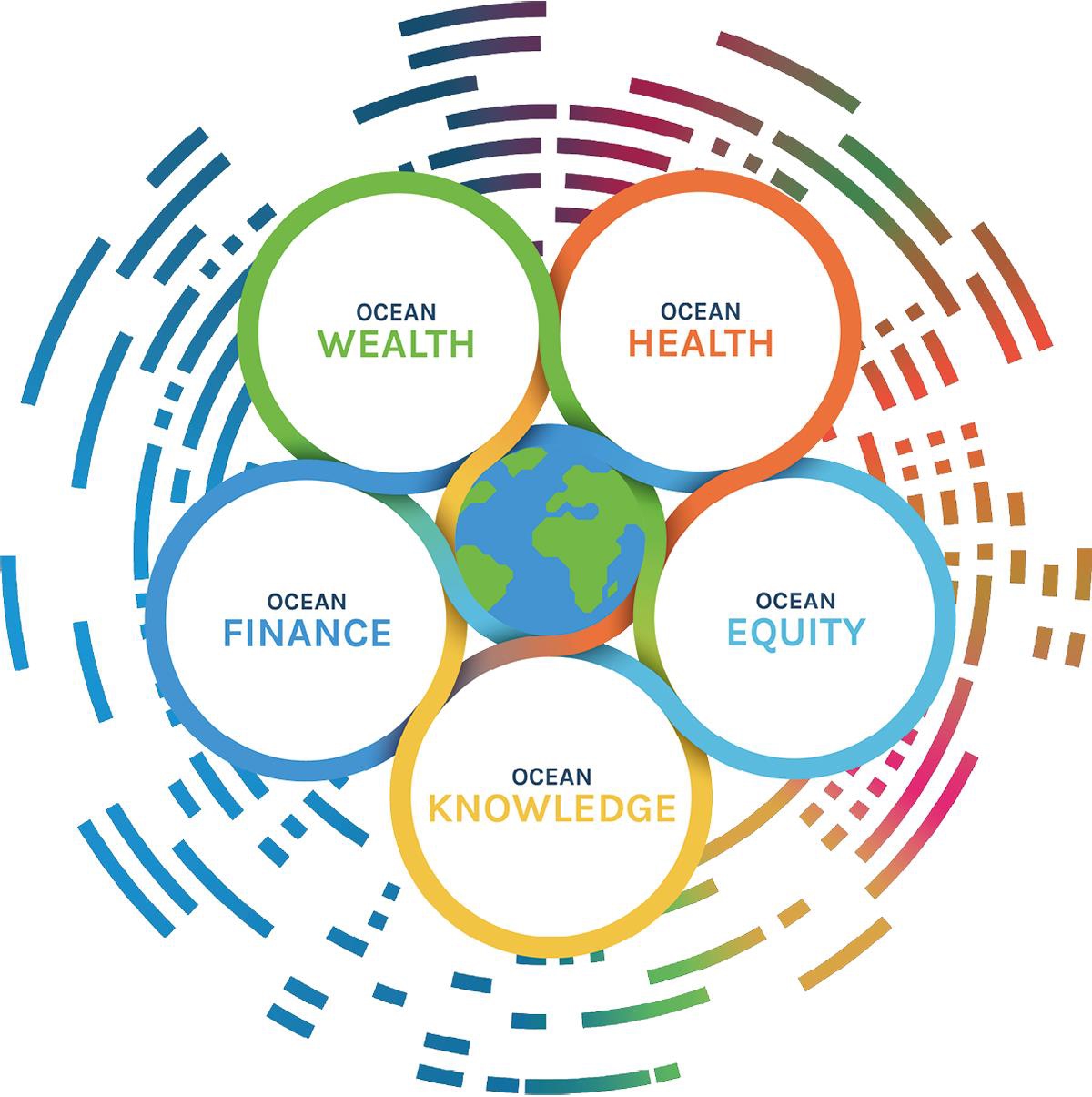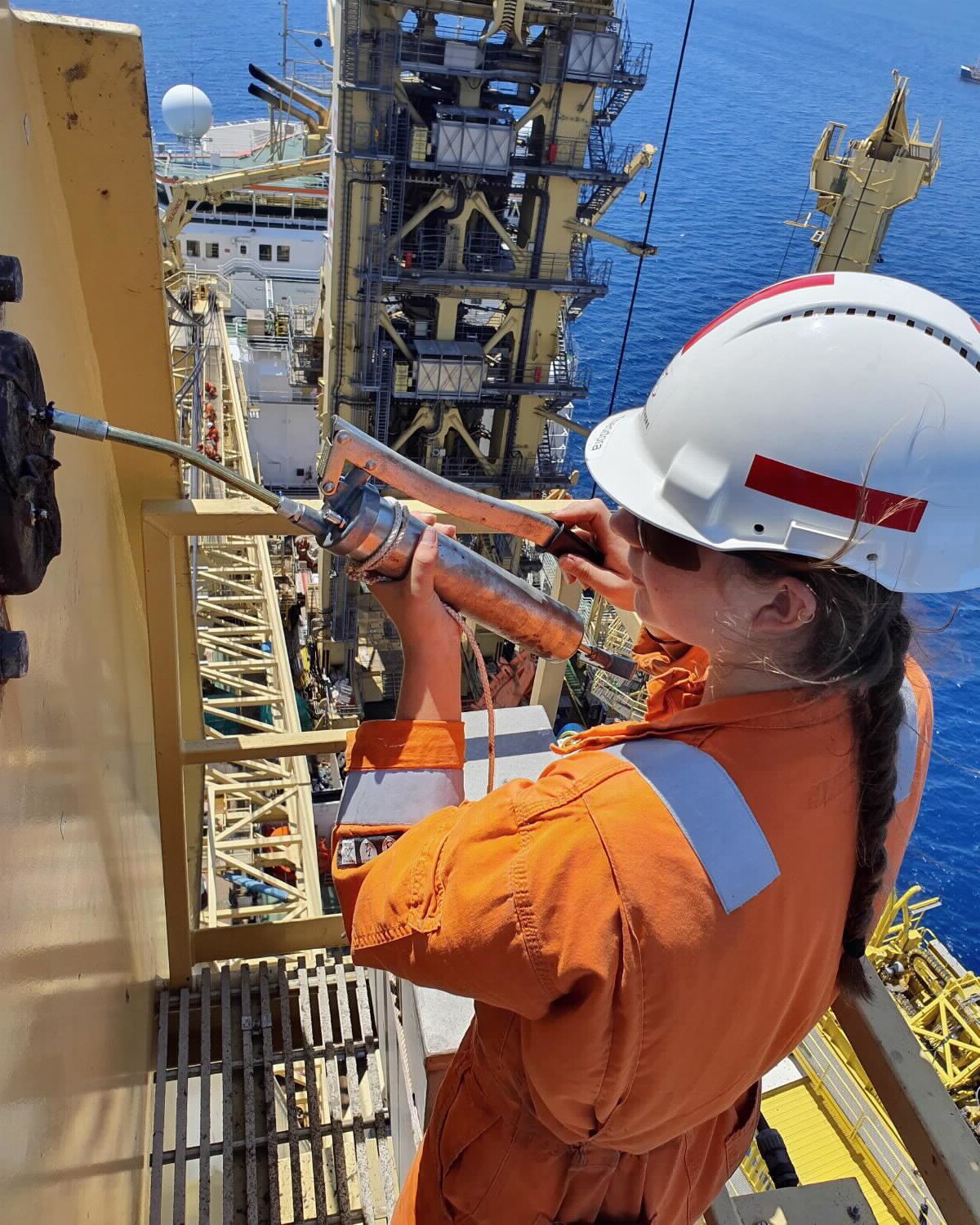The Government is committed to the ocean and ocean industries

Diving for mussels. Photo: Per Eide Studio, Norwegian Seafood Council.
Since taking office in 2013, the Government has focused on the ocean and ocean industries. Five years ago the Government held a major ocean conference in Bergen and announced that it would present a dedicated ocean strategy. The strategy from 2017, “New Growth, Proud History”, became Norway’s first industrial policy document to include all of Norway’s ocean industries. The Government’s primary objective for the strategy is to contribute to the greatest possible overall value creation and employment in the ocean industries. The white paper on the oceans in Norway’s foreign and development policy and on the white paper on a management plan for the Norwegian Sea were presented that same year.
The Government stated in the Granavolden Government Declaration that it will facilitate further development of oil and gas activities and other ocean industries. There are many opportunities, the commitment is producing results, and developments in the ocean industries are taking place at a rapid rate. This was highlighted in the Government’s updated ocean strategy from 2019, “Blue Opportunities”, which presented the work related to new ocean industries. For example, offshore aquaculture offers both new opportunities for salmon production and the development and export of new technology and knowledge. Furthermore, offshore renewable energy has developed into what could become an important focus area for the Norwegian offshore and maritime equipment suppliers. The “Longship” initiative establishes infrastructure for carbon capture and storage (CCS) that facilitates commercial and technological development. In recent years, we have also seen impressive developments in green shipping. An increasing number of low and zero-emission vessels are in operation along the coast, and new types of fuel such as hydrogen and ammonia are being developed. Sustainable mineral activities on the seabed may also emerge as a new Norwegian industry in the coming years.
The primary challenge facing ocean policy
Combining the preservation of clean and healthy oceans with sustainable use is one of the Government’s most important tasks.
Our use of the ocean is changing, both existing and new ocean industries are being developed, and activity is increasing. The ocean and well-functioning ecosystems will provide us with more jobs, more food and clean energy. We will lay the foundation for a climate-neutral Norway of the future. At the same time, new data has revealed that the state of the world’s oceans is worse than previously thought. Emissions, marine litter and plastic pollution both from onshore and offshore activities create significant challenges, both locally and globally. Marine ecosystems and biodiversity are under pressure. This makes ocean policy and related initiatives both more important and more challenging.
Norway has world-leading players in research, technological development, ocean management and business. We therefore have good prerequisites for being able to achieve a sustainable ocean economy. The Government wants Norway to continue to play a leading role when concerted efforts are now made together with other countries to achieve these goals.

The United Nations 2030 Agenda for Sustainable Development
The 2030 Agenda with the 17 sustainable development goals is the world’s roadmap for eradicating poverty, combating inequality and stopping climate change by 2030. The ambition is to achieve universal prosperity in a manner that is compatible with environmental and climate concerns. Sustainable Development Goal no. 14 is to conserve and sustainably use the oceans, seas and marine resources in a manner that promotes sustainable development. As an ocean economy, Norway is reliant on being able to harvest resources from clean and healthy oceans. The ocean as a source of food, source of energy and transport route must be recognized and further developed, and the environmental value of Norwegian coastal and ocean areas needs to be preserved. Steps must also be taken for sustainable use of the ocean’s resources that will be necessary for achieving the sustainable development goals. The Government’s Action Plan for following-up the sustainable development goals will be presented to the Storting (Norwegian Parliament) by the summer 2021.
The United Nations General Assembly has proclaimed that the decade from 2021 to 2030 will be the United Nations Decade of Ocean Science for Sustainable Development. Achieving the 17 sustainable development goals is the most important driving force behind the initiative. The UN’s Intergovernmental Oceanographic Commission (IOC)1 is responsible for planning the decade and will coordinate its implementation.
The High Level Panel for a Sustainable Ocean Economy
It is the objective of the Government to create greater international understanding of the connection between the economic importance of the ocean and the environmental status of the ocean. In 2018, Prime Minister Erna Solberg established the High-level Panel for a Sustainable Ocean Economy and invited 13 sitting Heads of State and Government to join. Based on 16 commissioned Blue Papers, three special reports and a main report, the 14 members on the Panel presented a new ocean action agenda in December 2020. The work of the Ocean Panel shows that it is a matter of urgency to develop a holistic approach to ocean management across the globe in order to achieve the environmental, economic and social goals set in the United Nations 2030 Agenda for Sustainable Development.
The 14 world leaders of the Ocean Panel also committed to sustainably manage 100 per cent of the ocean area under national jurisdiction guided by Sustainable Ocean Plans by 2025. This means that in five years’ time, at least 40 per cent of the world’s coastline and 30 per cent of all exclusive economic zones will be covered by integrated management plans. The Ocean Panel also identifies 74 priority actions covering areas such as food, energy, tourism, transport, new ocean industries, minerals, climate change, coastal ecosystems, pollution, equity, knowledge, natural capital accounts, data/technology and finance. The action agenda has been developed with input from over 250 international experts, and an advisory network consisting of the private sector, civil society and international organisations. The Ocean Panel also urged leaders of coastal and ocean states across the globe to join in committing to the 100 per cent goal so that all Exclusive Economic Zones (EEZ) are sustainably managed by 2030. Moving forward, the Ocean Panel will continue its work in spearheading international efforts to implement the new ocean action agenda.

The Ocean Panel’s vision for effective protection, sustainable production and equitable prosperity will require mutually supportive transformations in five areas. Source: High-level Panel for a Sustainable Ocean Economy.
Maritime Career Ambassador Theodora at work. Photo: Theodora Elise Høie.
“We commit to bold transformations towards a sustainable ocean economy where environmental protection and conservation, and economic production and prosperity, go hand in hand. These transformations must unleash the full force of innovation across sectors in technology, finance and governance[…]”
The High-level Panel for a Sustainable Ocean Economy